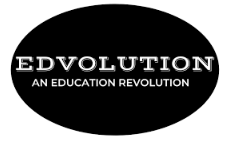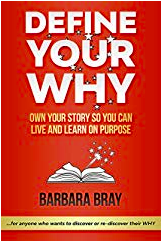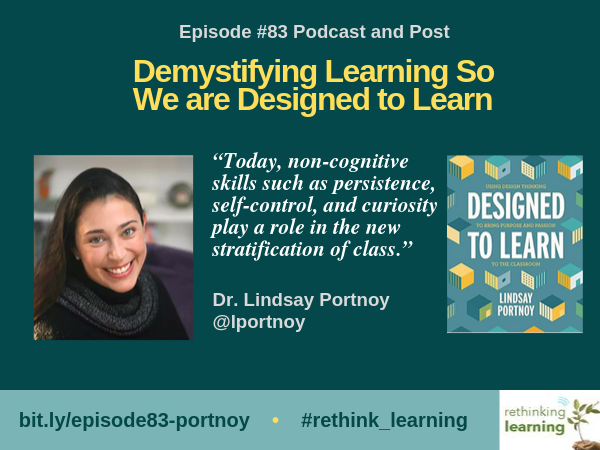
Podcast: Play in new window | Download
Dr. Lindsay Portnoy is a cognitive scientist, educator, associate professor, and author who is working to translate the science of learning into powerful and intentionally crafted experiences tailored to each unique learning community. Lindsay writes and researches about learning science in articles in peer-review journals to widely read publications such as EdSurge and Getting Smart, to ASCD and Digital Culturist. She is the author of Designed to Learn and Game On, Brain On.
What it was like when you were a student
I had a very traditional experience with school. I didn’t feel like I was a ‘good’ student until I was in high school and sometimes I wonder if even that was by accident. I remember taking a test in high school telling me what types of careers I should pursue and thinking “wow, I don’t want to do any of those things but I guess I’m not able to do anything else.”
I think it’s really an interesting juxtaposition that in a time where so much money is being spent on initiatives to foster ‘growth mindset’ the grown-ups in the room are still following the entity perspective of ‘this is what type of learner you are and this is what your ability is’. We’re still looking to standardized tests to determine what people are capable of accomplishing and not allowing people to pursue what they care about and supporting them along the way. We ask our kids to be resilient but we don’t model it very well. Especially in a school system that is predicated on bells and exams and multiple barriers to entry from college to career. It seems a bit silly to me.
Lindsay and Barbara at the SXSW EDU conference 2018
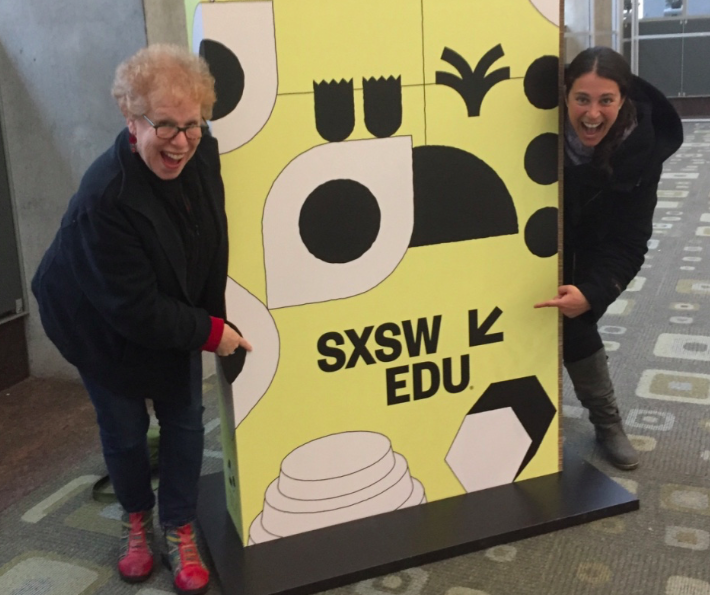
Who made a difference in your life when growing up
My parents divorced when I was little. They both loved us a great deal but it was not an easy childhood. In high school, I really grew. I had this choir teacher Mr. Cleveland who treated us all like his kids. He was kind but firm and you knew that he really cared about you. Having him as my teacher freshman year set me on a path towards believing in myself. I had other incredible teachers in high school too including a now very dear friend Kristie Paull Syron who mic’d me for all the school plays and was my coach in forensics. She used to sing beastie boys to me to help calm my nerves before going on stage. “Slow and low that is the tempo.”
And then there was Jeannie Yakel my English teacher who pushed me in the arts and also in the classroom and had more faith in me sometimes than I had in myself. I remember freshman year in high school I was placed in an honors English and an honors Bio class and I couldn’t understand why. I thought there was a mistake. But I was too nervous (and didn’t know where my counselor’s office was) to ask. Ms. Murphy was my English teacher and asked so much from us. I remember getting an A that first semester and saying something to her like: “well this is good because I think I was put here on accident” She said something profound about “how we’re all in the place we need to be…” My honors bio experience was similar and for the first time, I could see myself as pursuing science or math or art or anything. It changed a lot through school as the pressures of friends and extracurriculars set in but mostly it was the high school that made me start to believe in myself.
Your family
My hubby is Gary. My kiddos are Judah (11years old) and Levi (9 years old).
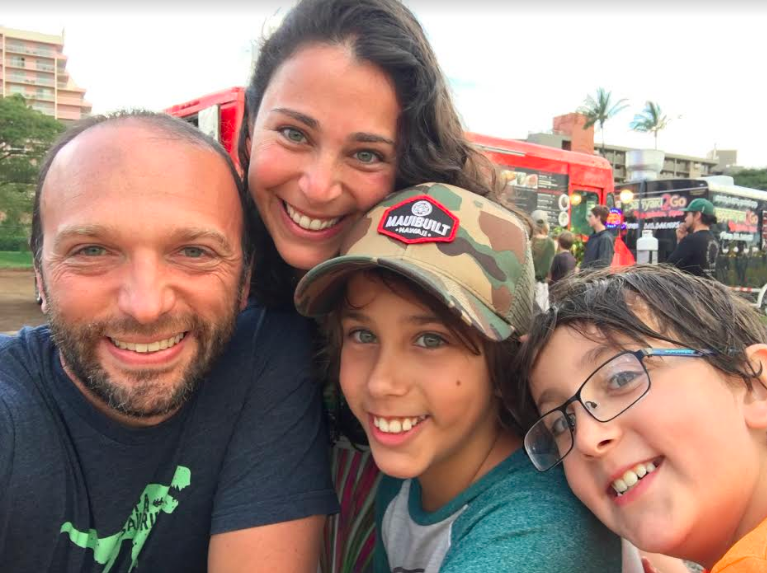
And we have two pups (Stellaluna- named after the children’s story because she has a bat symbol on her tushie- true story! And Halley named after the comet because she is so fast and three cats (Olive- it was Judah’s favorite snack when he was 6 and we rescued her, and Emilia and Rosie who came named as rescues). All of our babies are rescues and my kids love their fur babies!
Background as a Cognitive Scientist and unpacking the science of learning
My ‘big idea’ when I went to grad school (the second time) …and how I was ultimately deflated when I realized it had already been done =D Story of my life…also opportunity of my life!
Cognitive science was born from behavioral science and has given birth to neuroscience, but the super cool thing here is that we are really repeating the same experiments in new ways. We can use new imaging techniques to find where within the neocortex neural networks are firing when we hear, see, or learn information.
Keynote at the Intentional Play Conference September 2018
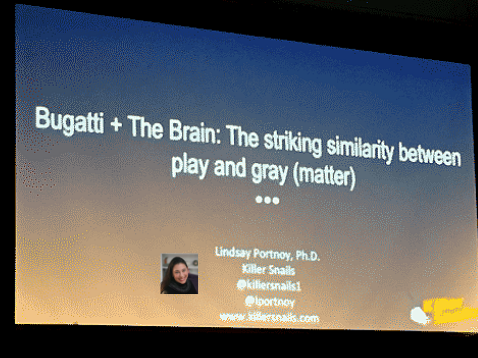
Human-centered experiential learning through games
We learn by playing. Skinner talked about operant conditioning but Piaget too talked about how children learn by operating on the world around them. The way kids and all of us take on the roles of others is really just play. When you put on a new hat as a writer or even as a teacher you are learning the role, you are playing.
Article Human Motivation in the 4th Industrial Revolution
This article on Medium was one of my favorites to write as it is the application of the theories I’d been teaching for so very long. I remember in grad school (second time) I was blown away by the incredible research in the ivory tower that was never distilled (with any semblance of comprehension for that matter) to the people who could use it most!!
When I went back to learn about educational psychology and the science of how we learn I turned to my partner and said: I want to learn how people learn so I can write a book that anyone can read that will help them understand how people learn and how we can all learn better based on real science.
I love elevating the work of amazing educators I work with and also love to write about the practices that are founded on the science of learning that has been hidden in that same ivory tower for far too long or worse yet, misunderstood or misapplied.
I think about learning ‘styles’ or multiple intelligences and it makes my heart hurt how many kiddos may have been led to believe ‘oh i can’t do that because I’m not an auditory learner’ or some such nonsense. Humans are wonderfully complex beings who are driven by curiosity, need, and interest.
Human motivation in 4IR, wide audience. We KNOW how people learn. We need POLICY.
Article: When Next is NOW
https://www.gettingsmart.com/2019/08/when-next-is-now/
Design thinking and a focus on the SDGs: Design thinking is just GOOD thinking =) There’s no magic! It’s really the application of deductive reasoning or the scientific method as a way to suss out the multiple components of a specific problem and in doing so, answer it!
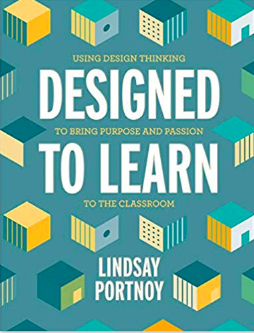 Author, Designed to Learn: Using Design Thinking to Bring Purpose and Passion to the Classroom
Author, Designed to Learn: Using Design Thinking to Bring Purpose and Passion to the Classroom
Design thinking prompts students to consider: “I’ve learned it. Now, what am I going to do with it?”
In Designed to Learn, I share the amazing teaching and learning that take place in design thinking classrooms. To set the stage, I provide easy-to-implement strategies, classroom examples, and clear tools to scaffold the processes of inquiry, discovery, design, and reflection. Because formative assessment is crucial to the process, I also include sample assessments that measure student learning and ensure that learners take the lead in their own learning.
Students become attentive, curious, and passionate about learning when they can see its relevance to their lives and when they’re empowered to use that learning to solve problems that matter. Regardless of the subject or grade level you teach, you can infuse your instruction with the meaning students crave by implementing design thinking.
https://www.amazon.com/Designed-Learn-Thinking-Purpose-Classroom/dp/141662824X
Your WHY
My WHY is a work in progress: to leave the world a better place than I found it. To help others. To learn with and share learning with the world so we can all be better for each other. I want to be good for my children and for all of our children. It’s so funny because Gary calls me a short term pessimist and long term optimist.
I really believe “there are no strangers, only friends you haven’t met yet” and I sort of extrapolate that to learning by saying to my kids, my students, my teachers: there’s no magic in learning, it’s just content you haven’t learned yet. You can be, learn, do anything, it’s just a matter of access (e.g., and here is the opening of the talk about true educational equity).
******
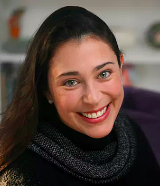
Dr. Lindsay Portnoy is a cognitive scientist working to translate the science of learning into powerful and intentionally crafted experiences tailored to each unique learning community.
Drawing from a deep knowledge of the cognition and instruction, Portnoy works with educational stakeholders from students and policymakers to educators and curriculum developers to transform the nature of today’s classrooms and the lives of tomorrow’s citizens.
The science of learning provides a strong foundation for designing the classrooms of the future starting today.
Lindsay writes and researches about learning science across a broad range of publications to meet each educational stakeholder. From articles in peer-review journals to widely read publications such as EdSurge and Getting Smart, to ASCD and Digital Culturist.
Supporting each of our children in becoming the very best versions of themselves requires the support of parents, teachers, schools, policymakers, and communities.
A few other roles for Dr. Portnoy:
An Associate Teaching Professor at Northeastern University: Working with students to conduct their original research and create their own innovations that will help transform the nature of learning.
School Board member: Soares School Board, NY
Chief Learning Officer: Killer Snails
2015 ASCD Emerging Leader; Member of the World Economic Forum Expert Network (Media, Entertainment, Information); Assessment Fellow, Hunter College, CUNY
Member of World Economic Forum Expert Network (Media, Entertainment, & Information)
https://www.weforum.org/agenda/authors/lindsay-portnoy/
Website: Edvolution https://lindsayportnoy.com/
Twitter: @lportnoy
LinkedIn: https://www.linkedin.com/in/lportnoy/
******
For all of the Rethinking Learning podcasts with Barbara Bray, click on the podcast tab at the top, the logo below, or go to https://barbarabray.net/podcasts/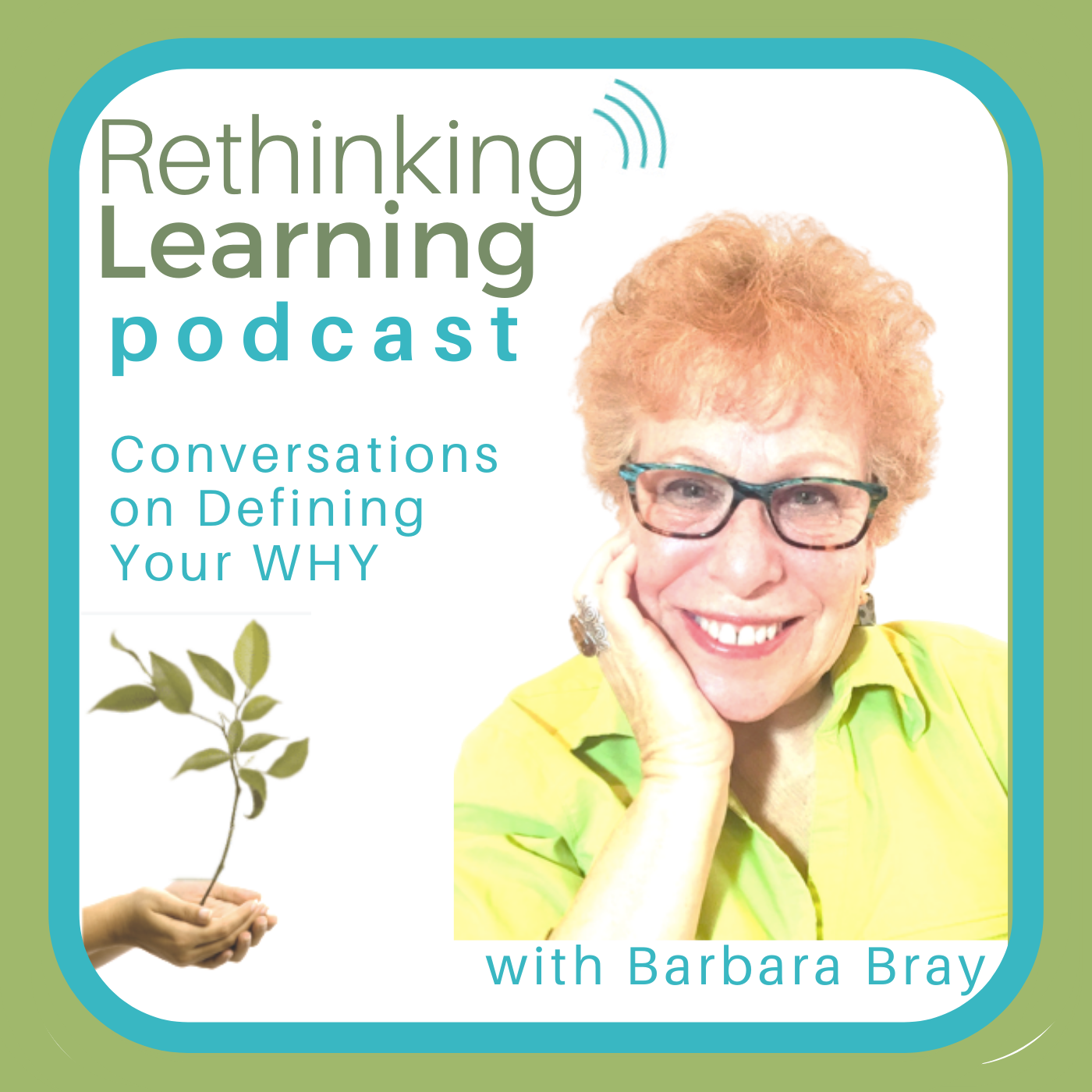
Go to this page for more information about Barbara’s new book, Define Your WHY.



